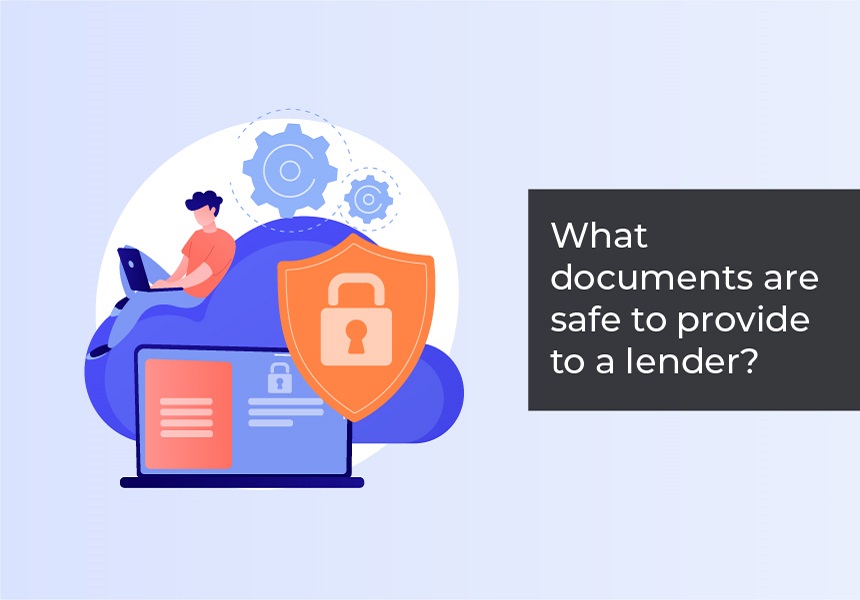After the entire turmoil of 2020, we are finally about to approach the new year – the 21st year of the 21st century! A new year brings with it a lot of positive intent to bring change in our mental, physical and financial well being. Be it meditating or maintaining a diet regime, resolutions are taken every year to improve oneself!
While different resolutions may top our priority list, maintaining financial prudence is often missed, and should definitely be on the list for everyone. To help you attain and maintain financial well being, we have enlisted a few resolutions to adopt that will ensure that you can have your finances in place all through 2021 !!
1. Maintain Good credit profile
Adopting good credit habits certainly results in creating a good credit profile. This includes everything associated with past as well as existing credit accounts.
- You must ensure that all your past accounts are closed without any errors involved with regards to entries.
- For all your existing personal loans / credit cards you must make timely payments against the EMIs or outstanding dues
- Keep a timely check on your credit score and credit reports so that you can identify errors if any.
- Maintain a healthy credit utilization ratio i.e., you must not use more than 30% of the extended credit limit.
- Alongside, you must maintain a healthy Debt to Income ratio, i.e., your debts must not exceed more than 50% of your monthly income.
Keeping these few habits in check will help to create a desirable credit profile. Lenders favour prudent borrowers and are likely to extend personal loans to such credit conscious borrowers in future. It also boosts up your credit score, which is an obvious win for you !
2. Spend Prudently
The next, often tough to maintain resolution is – to spend prudently. Yes, It is easier said than done! However, you can achieve this with a few simple habits
- Have a monthly budget in place. Clearly define the expenses in proper categories like necessity, debts, utilities and so on.
- Keep aside a chunk for your debt payments as we do not want to default on any EMIs.
- Once the expenses arising from debts and utilities are met, set aside the amount for Savings & Investments.
- Whatever be the amount left post savings, you can keep for spending on luxury, leisure and experiences
- Do not be tempted to spend on festive sales and online offers especially if you haven’t planned the spends in your budget.
Track your expenses regularly as it is as important as keeping your physical health in check.
3. Say No to Credit Cards
Though credit cards fuel your spending with the factor of convenience, they are the most expensive form of debt. Credit cards demand 24 to 36% annual interest rate on the outstanding, unpaid amount. Also, additional charges like maintenance fees and late payment charges often add to the burden. However, if you still rely on credit cards for urgent or impromptu spends here’s what you need to keep in mind –
- Use only 30% or less credit from the credit limit extended to you. This helps keeping the spending in control
- Pay the entire outstanding amount in one go, also clear the dues on or before the due dates to avoid any late payment charges.
- If you have planned your spends beforehand and know the exact amount of required credit, choose an alternative for Credit cards viz., a Personal loan or an Overdraft facility, which are available at half the interest rate of Credit Cards.
Spending using a debt instrument is not a bad idea, however choosing the right debt instrument plays a major role. Credit cards often lead one to a debt trap like situation making the payments unaffordable. A personal loan or Overdraft facility instead, demands a lower interest rate and offers flexibility in repayment.
4. Save at all costs
Save money and money will save you. Savings are the most important part of a prudent financial plan. Your budget must spare at least 20% of your monthly income for Savings. If you are finding it difficult to do so, here’s what you can do –
- Follow the 50-30-20 Rule while drafting a budget. 50% of income to be consumed for Necessities, 30% for luxury and leisure. This way you can set aside 20% for savings.
- Do not save what is left after spending, spend what is left after saving.
If you are yet unable to set aside money for savings you need to revise your budgets, debts and other expenses to identify what is the reason for the same. You can also opt for Debt consolidation if you have multiple debts consuming your income. Revising your financial budgets on a timely basis will help you make room for savings. Always remember, Savings is a must. It certainly helps firefight any unforeseen emergency that hurdles your way. You may also set aside some amount as an emergency fund so that you do not have to touch upon your savings during times of need.
What the new year brings to you depends on what you bring to the new year! It just takes a little effort on a daily basis to keep your finances on the right track. Following these few habits will make maintaining financial prudence a cake walk for you! After all, we all want a Happy New Year!













